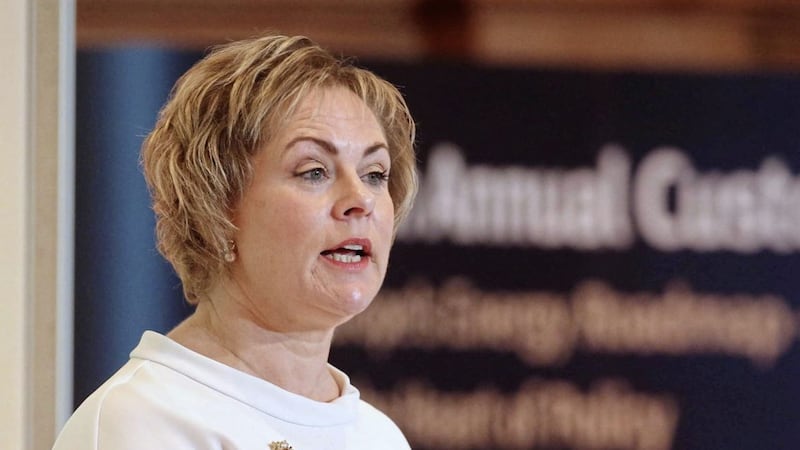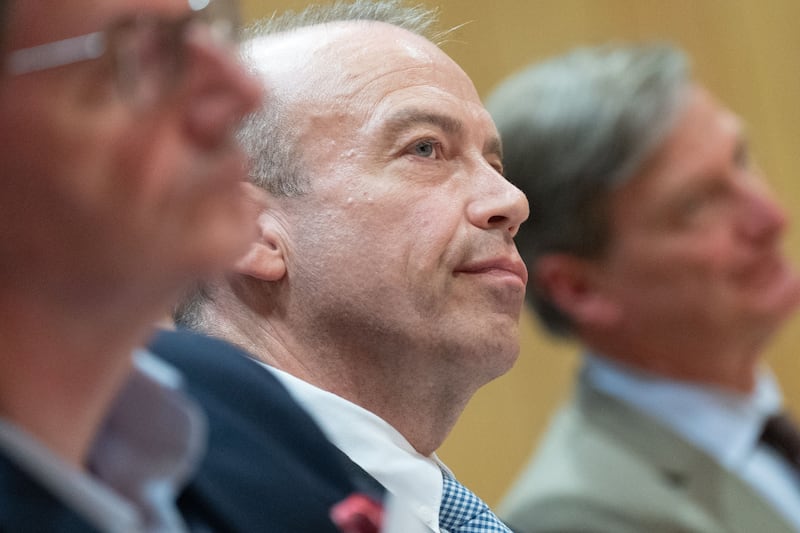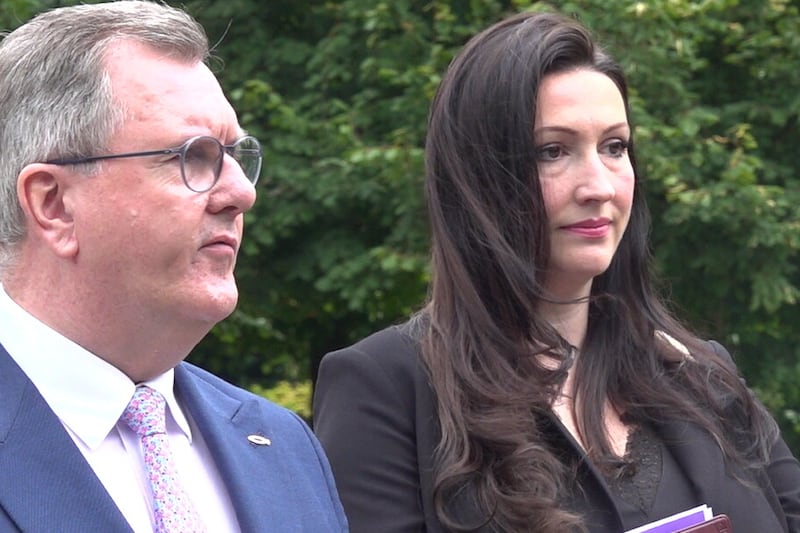THE CHAIR of Stormont's finance committee has welcomed a review of the rules for civil service secondments from the private sector.
The head of the civil service Jayne Brady confirmed the review on Wednesday as she was quizzed by MLAs about the terms of her predecessor's appointment.
Jenny Pyper was interim head of the Northern Ireland Civil Service (NICS) for nine months until the end of September this year before joining the board of Firmus Energy a matter of weeks later.
The Irish News revealed that Ms Pyper was not a civil servant while heading up NICS and was therefore not subject to any 'cooling off' period before moving to the private sector.
When leaving the public sector, senior civil servants are often prevented from taking roles with private companies for up to two years.
The Executive Office said the interim NICS head was "engaged through the Strategic Investment Board (SIB) and as such, was not an employee of the NICS".
Firmus has said Ms Pyper "followed due process, sought and secured all the necessary approvals" before joining the company board as a non-executive director.
She is, however, prevented under guidelines from lobbying on behalf of Firmus for 12 months due to her previous role as chief executive of the Utility Regulator, which she left at the end of October last year.
Ms Brady told MLAs that NICS was actively seeking secondments from the private sector and gave assurances that the process would be "open and transparent".
Committee chair Steve Aiken sought assurances that the situation would not arise again where senior civil servants were not part of NICS.
He said the review of the employment conditions for secondments and temporary roles was welcome.
"The role of the SIB, in providing the previous temporary post, while welcomed by some, does appear to have provided a convenient method of avoiding following accepted practice in moving into the private sector directly from a post of influence, and we welcome the the new head of civil service's commitment to make sure that this practice will no longer be continued," he told The Irish News.
SDLP MLA Matthew O'Toole welcomed the review and wider reforms promised in the wake of the RHI scandal.
"It was welcome to see the new head of the civil service acknowledge that it was anomalous that the previous head of the civil service was neither a civil servant nor subject to the civil service code," he said.
"While her positive commitment to reform today was certainty welcome, clear actions and delivery will be need to done to improve public confidence in the leadership of the civil service after the events of recent years and the clear need for reform."








